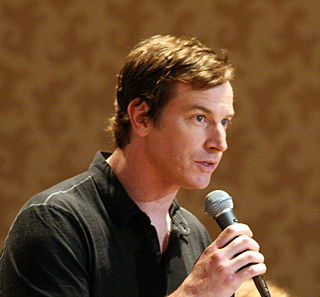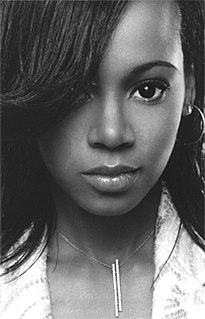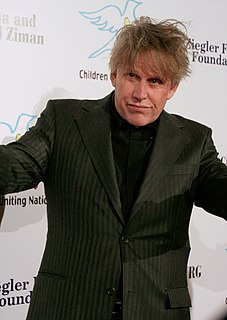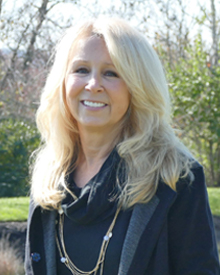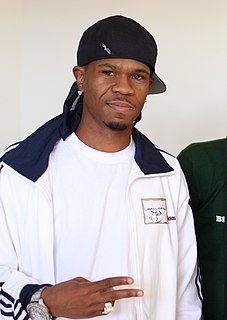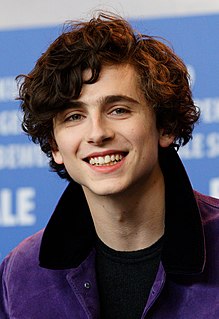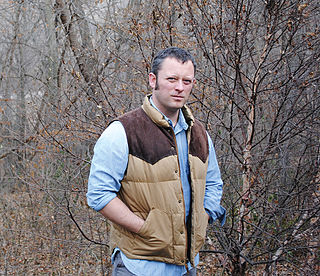A Quote by William H. Macy
Every scene has two people who want two different things, so there's conflict in every scene. You've got to duke it out, and you've got to get the other person to change his or her mind and do it your way.
Related Quotes
Every time I got drunk, this girl named Nikki would show up. When I got drunk, I was just a different person. This is a totally different person than Lisa. When these two started to battle it out, I had to create a third person to come in and straighten the two of them out. Nina, my evil twin who came from within, who I blame my sins on. (satanic alter) All the problems I did have stemmed from what I was doing - I was creating all these different personalities.
The stage is the opposite: you are talking loud so you can project to the back row and you know the whole play. In a movie, you are scene-to-scene; you only know the purpose of that scene. On the stage, that is artistic science. It is real, it is loving, it is truthfully you. It is two different formulas to make two different art pieces, but it is all about truth.
A lot of people say, 'Wow, you're a single father of twin boys, that's crazy!' Two toddlers can get hectic, but I wouldn't change it for anything. Every day they teach me different things. The love is there. When you have a two-year-old saying every other hour, 'Papi, te amo. Papi, I love you,' it can't get better.
The average mind requires a change of environment before he can change his thought. He has to go somewhere or bring into his presence something that will suggest a new line of thinking and feeling. The master mind, however, can change his thought whenever he so desires. A change of scene is not necessary, because such a mind is not controlled from without. A change of scene will not produce a change of thought in the master mind unless he so elects.


